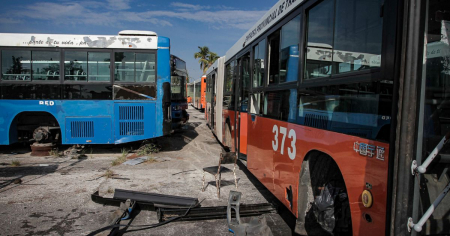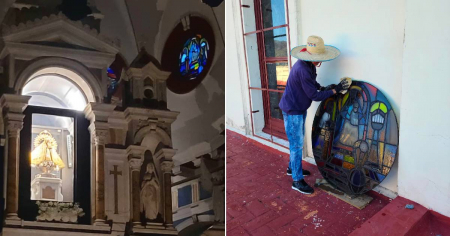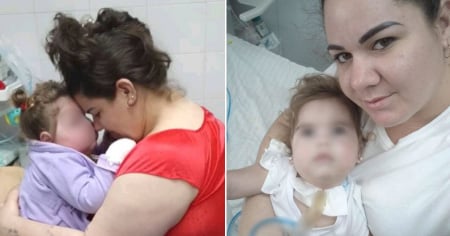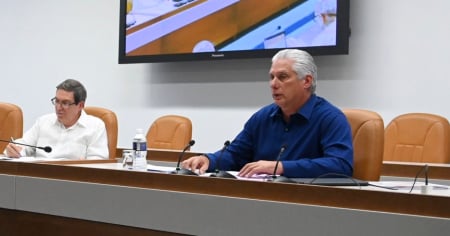The fire that claimed the life of a bedridden elderly man in Zaza del Medio, Sancti Spíritus, has deeply touched Cubans both on the island and abroad, generating a wave of community support for the affected family, who lost everything following an explosion of a moped in their home.
Support groups on social media and organized neighbors have started collecting clothing and other supplies to assist those affected, including two children aged 10 and 12 who were at home with their mother at the time of the fire. The father, according to testimonies, was working outside the home.

One of the promoters of this solidarity campaign shared on social media that, despite some discouraging comments, he was able to directly contact the family father, who confirmed his willingness to accept help. "Of course we will deliver the aid. We have clothes. I'm at a loss for words with so much malice," he wrote in a post, where he also reported having received offensive messages.
The organizers have reiterated that their priority is to help, without seeking the spotlight, and that they will maintain the planned delivery with transparency and respect for the family's grief. The mobilization has been celebrated by many as an example of the unity that can emerge even in the midst of tragedy.
The fire, which occurred on Wednesday night, reduced the home to ashes and led to the death of Manolo Franco, an elderly man well-known and loved in the community. Neighbors described him as a kind and respectful man, whose loss has caused great sorrow.
The case has once again brought to light the alarming increase in fires related to electric scooters in Cuba, many of which are caused by defective batteries, overloads, or precarious electrical conditions. The lack of certified parts and clear regulations has forced many users to improvise dangerous solutions.
In the midst of the energy crisis and the collapse of public transportation, motorinas have become an essential resource for many Cuban families, increasing the risk of such tragedies if precautions are not taken.
An increasingly active civil society in response to the lack of institutional response
The case of the fire in Zaza del Medio is not an isolated incident. In recent years, numerous similar incidents have highlighted the gap left by the ineffectiveness of state mechanisms for disaster response and the absence of insurance companies to support Cuban families.
In the face of that absence, civil society has taken on an increasingly important and organized role. From spontaneous campaigns to more structured support networks, it has been the citizens themselves who have mobilized to assist the victims of fires and other disasters.
It is enough to review the numerous solidarity initiatives recorded in recent years: from the delivery of aid to a family in Holguín who lost everything in a fire, to collections in Alamar, Havana, to assist other victims. There are also reminders of citizen campaigns to collect items after the passage of cyclones or for the victims of flooding caused by rising rivers.
In many cases, neighbors, activists, artists, and communities on social media have responded more quickly and effectively than the state agencies themselves. While official social assistance is scarce or nonexistent, the citizenry has shown that solidarity can at least partially fill that gap.
This trend highlights a silent yet powerful transformation: the empowerment of the people to resolve, with their own means, what the State no longer guarantees. And although the available resources are limited, the will and empathy of hundreds of Cubans have allowed many families to avoid being completely left without support after a tragedy.
Filed under:





